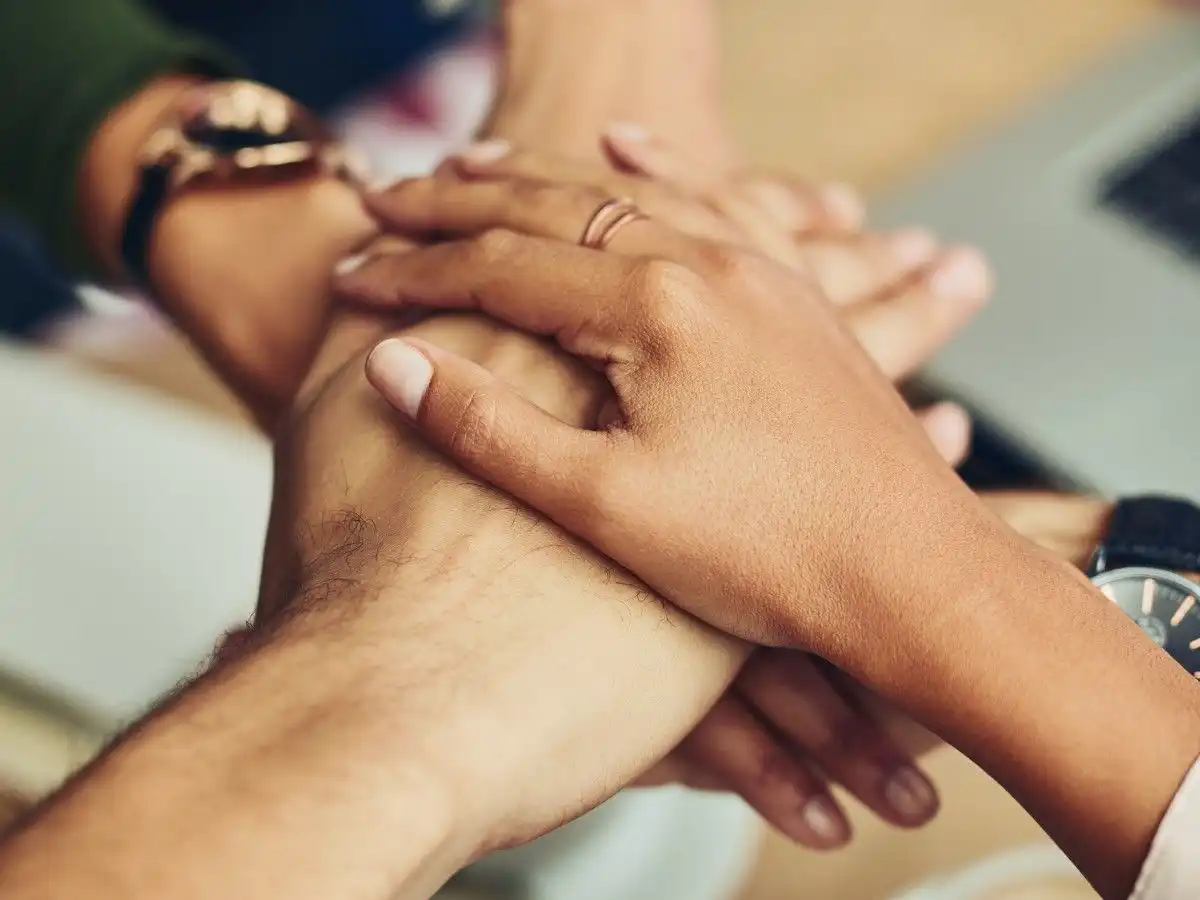
Home>The Clinic>Access to Justice
The Clinic: Access to Justice
The goal of the program Access to Justice is to foster legal empowerment of individuals and disadvantaged communities, exposed to forms of temporary or permanent exclusion in order to facilitate the removal of barriers in the resolution of their legal challenges and the vindication of their rights. Its goal is also to present law as a useful and accessible tool for citizens and individuals of all generations and a possible alternative to violence. The program seeks also to develop critical thinking of students on the effectiveness of rights talk and its variable effectiveness in certain geographical spaces and depending on the situation/status of individuals. It is open to students from the Masters in Economic Law and the Masters for Judicial Careers. The program consists of a clinical course and field work. The objective of the course is to acquire all the personal and legal skills required for the hands-on work in the field to enrich the more contextual experience.
The course is taught by Marie Mercat-Bruns in the first semester and Marthe Jacquemin in the second semester, with the contribution of outside speakers, researchers and practioners (psychologists, doctors, union representatives, lawyers, NGO advocates etc.) who work on access to justice, care facilities or in public interest law.
Pedagogical team
Curriculum development, pedagogical supervision and scientific responsibility for the Access to Justice program are placed under the supervision of Marie Mercat-Bruns, Full University Professor at Sciences Po Law School.
The Access to Justice clincial program is taught in French by:
- Marie Mercat-Bruns, course lecturer for the first semester, lecturer of the required Access to Justice course and tutor
- Marthe Jacquemin, course lecturer for the second semester
- Anaïs Gauthier, tutor
- Deirdre Jones, tutor
- Mathilde Patrurel, tutor
Field work is done in five different areas :
- In the three « Houses of law and justice » (Maisons de Justice et du droit), community legal services run by public authorities in the 10th, 15th and 17th districts of Paris, and in six Access to justice hubs (“point d’accès au droit”, run by NGO “Droit d’urgence”, including one in the new Paris court house. Each week for a half day, students participate in all activities, including meetings for legal information with citizens. They raise recurring questions of obstacles to the law (drawn from their observation of the application of rules relating in particular to legal aid, labor law, social protection law, foreigners' rights or criminal law (domestic violence)
- At the Defender of Rights (French Equality body and Ombusdman), students discover all actions of the institution and its different tasks as regards the law and if necessary, carry out a special mission for the Defender of Rights during the first semester. Students, through practice sessions, participate directly in the triage of claims and work in the different departments on law and ethics (anti-discrimination law, childrens’ rights, mediation and police investigations (brutality), alongside professionals of the institution. During the second semester and dispatched in the different poles, they participate in the resolution of one or more claims and can contribute to proposals for legislative reform.
- The third project « Street Law. » Its goal is to raise awareness among people of all generations (young people, migrant women etc;), in a home for isolated minors in the 12th arrondissement in Paris and in a community café, located in Le Blanc Mesnil, on how to identify a legal problem, a legal issue in civil law outside of the criminal system and its logic of repression. The idea is to produce a toolbox of examples in contracts, labor law or consumer law. The students create games and simulations with the younger generations based on their own queries about the law.
- A fourth project « En prison… » Its objective is to organize workshops in a remand center, about health and based on the main concerns of prisoners in terms of access to justice.
- Legal Action Network : This project aims to support and apprehend the construction of a litigation strategy to fight against discrimination carried out by an association created for this purpose bringing together academics, lawyers, sociologists, trade unions (scope and challenges in terms of access to rights?) as well as developing jurisprudential maps and participating in working groups that bring together practitioners and academics from an operational perspective (research-action)
The projects combine field work and empirical research on fundamental issues of law and society.
Past projects
- Projects carried out in 2024-2025 (PDF 181 Ko)
- Projects carried out in 2023-2024 (PDF 230 Ko)
- Projects carried out in 2022-2023 (PDF 176 Ko)
- Projects carried out in 2021-2022 (PDF 315,81 Ko)
- Projects carried out in 2020-2021 (PDF 149,57 Ko)
- Projects carried out in 2019-2020 (PDF 439 Ko)
- Projects carried out in 2018-2019 (PDF 427 Ko)
- Projects carried out in 2017-2018 (PDF 263 Ko)
- Projects carried out in 2016-2017 (PDF 149 Ko)
Feedback on the “Street Law & Law in School” clinical project

Beeta Davoudi, Alix De Mauduit, Manon Perrey, and Marianne Purru, students in the Master's program in Economic Law, and Julie Dugast, a student in the joint Master's program in Law and Finance, share their experiences from their clinical project as part of the Law School's Access to Justice clinical program.